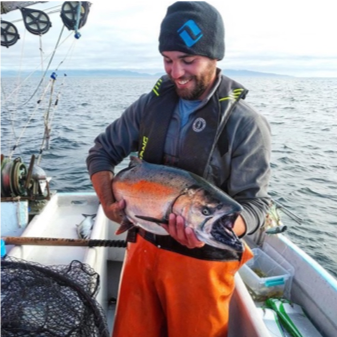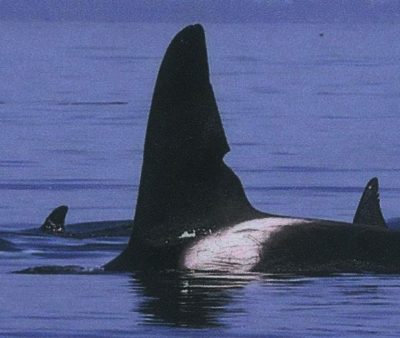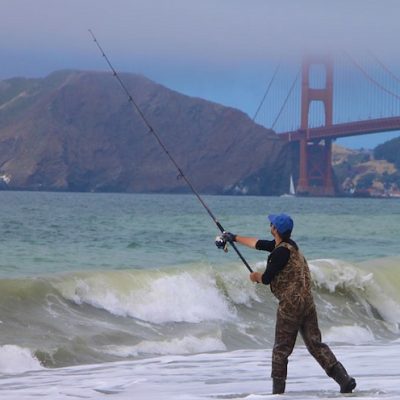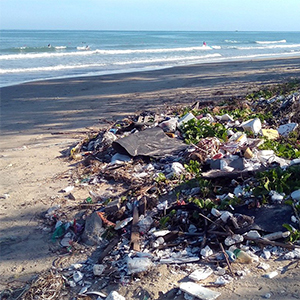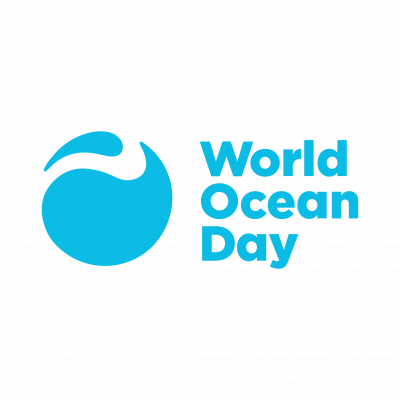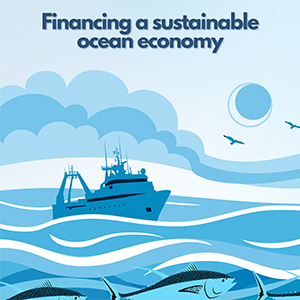Getting a step closer to understanding how Chinook salmon live
Stable isotope analysis can peel back the curtain to give scientists a view of where fish spend their time, what they’ve been eating, and how they are interacting with other species.
The Killers of California and Oregon
Thirteen years of photo-identification data of killer whales observed in California and Oregon provide new insights into the distribution and population structure of mammal-eating killer whales in the eastern North Pacific Ocean.
A few missing fish: US West Coast recreational and discarded catches
United States of America lacks international reporting of recreational catches and fish discarded at sea, which may hinder proper ecosystem-based management efforts
Marine biologist William Cheung named director of UBC Institute for the Oceans and Fisheries
The appointment is effective July 1, 2021 through June 30, 2026 with the possibility of an extension
PROFILE: Investigating ocean pollution to “provide solutions, not just answers to questions”
“Anthropogenic stressors are reshaping our ocean – it’s not the same ocean we had 30 or 40 years ago. As academics we need to provide solutions, not just answers to questions.”
World Ocean Day – Dr. Gabriel Reygondeau
Asking countries to carry an equal share of the load may be tidy from a legislative perspective, but it doesn’t do much for biodiversity
2021 World Ocean Day – Dr. Jacqueline Maud
Marine protected areas aim to preserve ecosystem health in the oceans from the top down; Maud’s research looks at the ecosystem more from the bottom-up, and thinks that MPAs can “be tricky.”
2021 World Ocean Day – Dr. Sarah Foster
One way to help seahorses thrive is to secure their habitat using marine protected areas (MPA). However, MPAs aren’t always as protected as the name implies.
2021 World Ocean Day – Dr. Louise Teh
Thirty per cent of the world’s oceans cannot be closed without political will and without consideration of the economic toll doing so would take on many coastal communities.
Study identifies major barriers to financing a sustainable ocean economy
A Paris Agreement type effort may be required to financing a sustainable global ocean economy that benefits society and businesses in both developing and developed countries.
